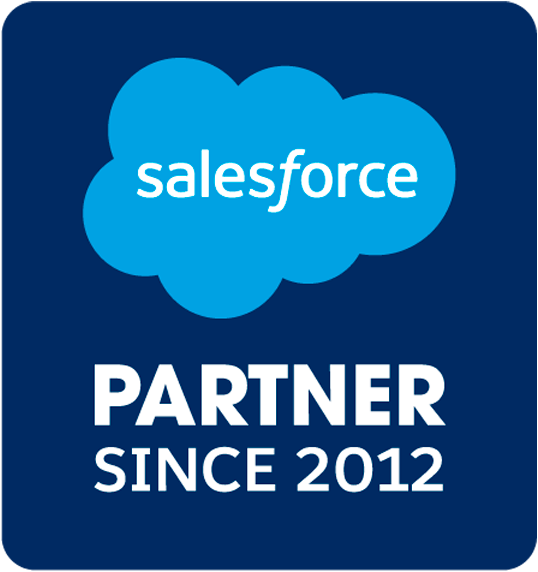Recently, Forbes released its list of the world’s most innovative companies for 2018. If you’re wondering how a publication could quantify something as abstract as innovation, well, you’re not the only one. I was curious too, so I looked into it. Apparently, Forbes relied on the opinions of investors, calculating each company’s “innovation premium” by finding the difference between its “market capitalization and the net present value of cash flows from existing businesses.”
The idea being that if a company is worth more than it’s making, then investors must trust that it will innovate its way to making up (and hopefully surpassing) the difference sometime in the future. And we should trust the investors, in turn, because they’re putting their money where their mouths are (and presumably basing their investments on these companies’ past trends of innovation). All in all, a pretty good ranking methodology — consider my suspicions diminished.
The next thing I wondered about the list was whether or not any Salesforce customers had made the cut. We see every day how the platform enables innovative growth and change in our customers; at the publicly traded level, would Salesforce help companies make it into the top 100? Turns out the answer is yes. Here are 5 companies on the Forbes list using Salesforce to power their innovation and success.
{{cta('a7beaa7e-be12-44e5-ae0a-c147f5a83e98')}}
How Some of the World’s Most Innovative Companies Are Using Salesforce
The Hershey Company
There’s a reason you can find Hershey’s chocolate in just about any store you might wander into: The company deploys over 1,300 field representatives who “explore consultative selling, merchandising, and promotional opportunities on a store-by-store basis, within the grocery, convenience, and large retailer channels.” And to make sure this nationwide team is as successful as possible, Hershey’s created a custom mobile app built on the Salesforce platform that gives reps easy access to the resources they need: planning tools, analytics, brand and promotional materials, marketing insights and more. Ultimately, these resources enable reps to have better, more productive conversations with decision-makers at stores of all kinds.
Intuit
Even if you haven’t heard of Intuit, there’s a good chance you’ve used one of the company’s products: QuickBooks, Quicken, TurboTax. In any case, you’ve probably got a sense for their purpose and scale — simple financial software that lots of people use. And because so many favor these products — not to mention the heightened expectations that go hand in hand with matters of money — Intuit needs a world-class customer service operation. As such, they rely on Salesforce Service Cloud to make sure they’re keeping customers happy. And considering how acquiring a new customer can cost 6-7 times as much as retaining an existing one, great customer service is always key.
KONE
KONE is a global elevator and escalator company headquartered in Finland. For more than a decade, “KONE sales professionals in more than 55 countries have used Salesforce to manage opportunities, payments, and orders for both new equipment sales and service contracts,” making them a long-term success story. Between 2007 and 2017, KONE’s sales grew from about 4 billion euros to nearly 9 billion. But the company isn’t only using Salesforce for sales. Going forward, KONE plans to harness an “innovative pairing of Salesforce Einstein and IBM Watson IoT” to make the workflow for the company’s service technicians more efficient.
L’Oréal
Lancome, Yves Saint Laurent, Garnier, Maybelline, Essie, Redken — all top beauty brands, and all owned by L’Oréal. Of course, so many acquisitions don’t happen without a few issues — in L’Oréal’s case, “communications challenges.” That’s why they turned to Salesforce to “consolidate sales efforts and back-end systems to help the Professional Products Division share data and coordinate brands.” The result of this choice? Improved operational efficiencies — an essential ingredient when it comes to innovation.
Procter & Gamble Professional
Procter & Gamble Professional (PGP) — a division of the larger company — sells concentrated cleaning solutions and automated dilution systems to companies including hotels, restaurants, schools, corporations and more. In order to grow their business, PGP decided to replace old and ineffective legacy systems with something better. In the end, they chose Salesforce because PGP uses a distributed selling model, and “the ability to easily assign leads, collaborate on deals and share information is critical.” The result of their implementation? Employees across teams can quickly coordinate and pass needed info to one another.
Of course, you don’t have to be a global brand to reap the benefits of Salesforce. If you’re curious how the platform could help your company boost innovation in some of the same ways, reach out. We’d love to discuss some success strategies with you.



